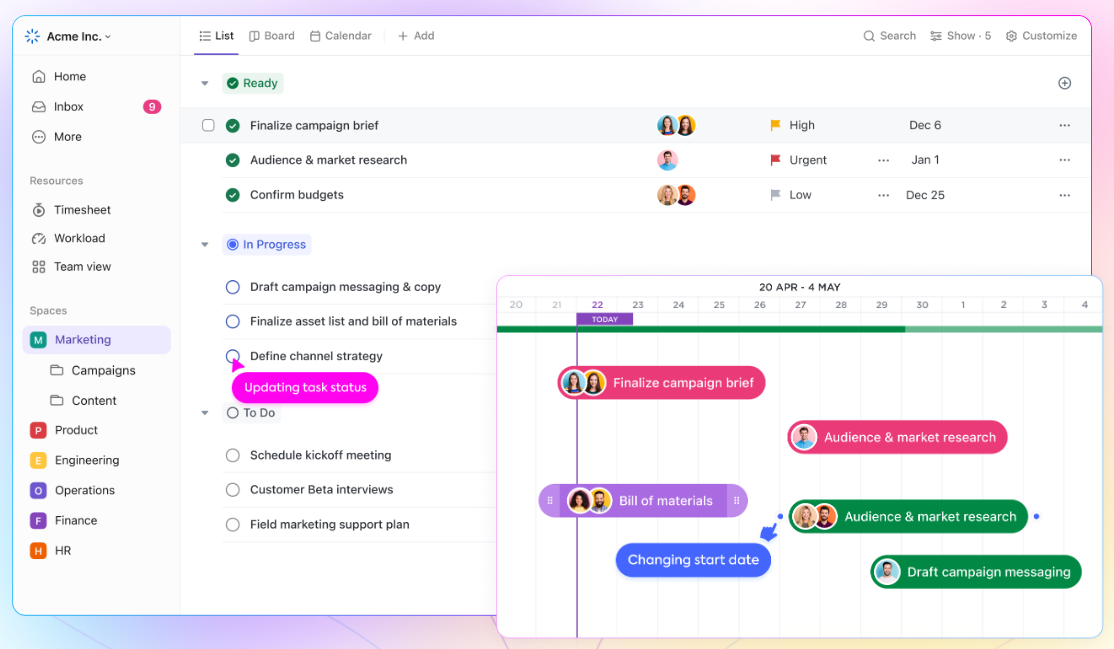How to Be Flexible and Adjust Your Schedule as New Tasks Arise in Your Workflow
Introduction
In the modern world, it’s common to experience the frustration of new tasks disrupting our carefully planned schedules. This can lead to feelings of being overwhelmed, stress, and a sense of losing control over our time. However, it’s essential to understand the importance of flexibility in these situations. Adapting to new tasks is a crucial skill that can significantly enhance productivity and overall well-being. Being flexible allows us to respond to changing circumstances efficiently, ensuring that we stay on top of our responsibilities without becoming overwhelmed.
For example, consider a project manager who meticulously plans a week-long project. Midway through, an urgent client request demands immediate attention. Instead of panicking or rigidly sticking to the original plan, the project manager who is flexible can quickly reassess priorities, delegate tasks, and incorporate the new request into the workflow seamlessly. This not only helps in meeting the client’s needs but also in maintaining the team’s morale and productivity.

Step-by-Step Guide to Adjusting Your Schedule When New Tasks Arise
- Pause and Assess the Situation:
- When a new task emerges, take a moment to evaluate its urgency and importance. Use frameworks like the Eisenhower Matrix to determine whether the task is urgent and important, important but not urgent, urgent but not important, or neither.
- Consider the potential impact of this new task on your current schedule and overall goals.
- Prioritize Tasks:
- Re-prioritize your existing tasks in light of the new one. This might involve pushing some tasks to a later date or delegating them to others.
- Ensure that the most critical tasks are at the top of your priority list and that less urgent ones are rescheduled appropriately.
- Learn to prioritize your tasks.
- Update Your Schedule:
- Adjust your calendar or to-do list to reflect the new priorities. This might mean reallocating time slots or setting new deadlines for tasks that have been moved.
- If you use productivity tools like Trello, Asana, or a digital calendar, make sure to update these with the new plan to keep everything organized.
- Communicate Changes:
- Inform any stakeholders or team members about the changes in the schedule. Clear communication helps to manage expectations and ensures that everyone is on the same page.
- Explain the reasons behind the adjustments and how it will benefit the overall project or goal.
- Break Down the New Task:
- Break the new task into smaller, manageable steps. This makes it less daunting and easier to incorporate into your existing workflow.
- Set specific deadlines for each step to ensure steady progress.
- Stay Flexible and Open to Adjustments:
- Understand that plans might need further adjustments as more information becomes available or as circumstances change.
- Regularly review your progress and be prepared to make additional changes if necessary.
- Avoid Overloading Yourself:
- Be mindful of your limits and avoid taking on too many new tasks at once. It’s better to do fewer tasks well than to do many tasks poorly.
- Learn to say no or delegate tasks that do not align with your priorities or that can be handled by others.\
- How to stop feeling overwhelmed at work.
Overcoming the Feeling of Being Overwhelmed
- Practice Mindfulness and Stress Management:
- Incorporate mindfulness practices such as meditation, deep breathing exercises, or short breaks into your routine to help manage stress and maintain focus.
- Physical activities like walking, stretching, or light exercise can also help reduce stress and clear your mind.
- How Practicing Relaxation Activities Can Improve Your Work Performance.
- Use the Right Tools:
- Utilize productivity and organization tools that can help you keep track of tasks and deadlines. Apps like Todoist, Microsoft To Do, and Notion can be invaluable in managing your workload.
- Consider using time management techniques like the Pomodoro Technique to break your work into focused intervals with regular breaks.
- Seek Support:
- Don’t hesitate to ask for help when needed. Whether it’s seeking advice from a mentor, collaborating with colleagues, or delegating tasks, leveraging your support network can make a big difference.
- Sometimes, just talking about your workload with someone else can provide new perspectives and solutions.
- Reflect and Learn:
- After navigating through a particularly challenging period, take some time to reflect on what worked well and what didn’t. Use these insights to improve your approach to future tasks and challenges.
- Continuously learning and adapting your strategies can help you become more resilient and efficient in handling unexpected tasks.
Conclusion
Being flexible and adjusting your schedule when new tasks arise is not just about staying organized; it’s about maintaining a sense of control and reducing stress in a dynamic work environment. By assessing, prioritizing, updating schedules, and communicating effectively, you can manage unexpected tasks with ease. Remember, the goal is to remain adaptable, avoid overloading yourself, and seek support when necessary. With the right mindset and strategies, you can turn disruptions into opportunities for growth and improvement in your workflow.



